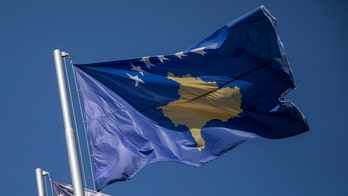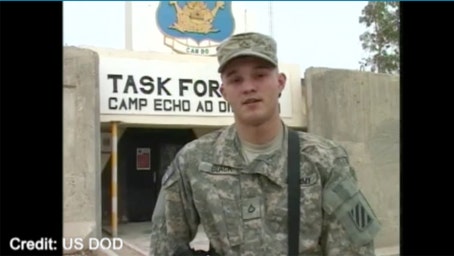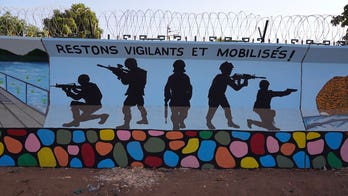As Iranians voted for a new president, the UN watchdog confirmed the country's expansion of a nuclear site, prompting deep concern from the State Department.
Iran's nuclear program has once again come under the spotlight as the United Nations watchdog reported on the country's expansion of a sensitive nuclear site. Amidst the ongoing presidential election in Iran, the timing of this revelation has raised significant concerns within the international community.
The State Department has expressed its deep concern over the UN watchdog's findings. Foreign policy correspondent Gillian Turner joined 'Special Report' to provide the latest insights into the situation. Turner emphasized the growing apprehension surrounding Iran's persistent efforts to advance its nuclear weapons program.

Iran's Expanding Nuclear Program Fuels Concerns Amidst Presidential Election
Over 61 million Iranians took part in the presidential election, voting from a tightly controlled pool of four candidates. However, hopes for a major shift in Iran's policies are unlikely, as the Supreme Leader Ayatollah Ali Khamenei wields ultimate power in the country. The election outcome could potentially influence Khamenei's succession, but it is not expected to alter Iran's stance on its nuclear program or support for regional militia groups.
The UN watchdog's report highlights Iran's increased enrichment of uranium to levels close to weapons-grade. The move comes at a time when the country is facing intense Western pressure to comply with the 2015 nuclear pact, which was abandoned by the United States in 2018.

Iran's Expanding Nuclear Program Fuels Concerns Amidst Presidential Election
The presidential election has coincided with escalating tensions in the Middle East, including the conflict between Israel and Hamas in Gaza and the involvement of Hezbollah in Lebanon. Iran's fast-advancing nuclear program has further fueled regional concerns.
Despite Khamenei's call for a high voter turnout, participation has been declining in recent elections. The 2021 election that brought Ebrahim Raisi to power had a turnout of only 48%, while the parliamentary election three months ago saw a record low turnout of 41%. Critics argue that this decreasing turnout reflects the erosion of the Islamic Republic's legitimacy.

Iran's Expanding Nuclear Program Fuels Concerns Amidst Presidential Election
The election results are expected to be announced within two days, with a potential runoff if none of the candidates secures a majority. Prominent among the remaining hardline candidates are Mohammad Baqer Qalibaf and Saeed Jalili. The sole comparative moderate, Massoud Pezeshkian, advocates for economic reform, social liberalization, and political pluralism.
The presidential race has been marked by divisions, with some activists calling for an election boycott. The #ElectionCircus hashtag has been trending on social media, with critics questioning the legitimacy of a system that has alienated Iranian voters.

Iran's Expanding Nuclear Program Fuels Concerns Amidst Presidential Election
The State Department's concerns over Iran's nuclear program are justified, especially given the country's persistent efforts to advance its nuclear capabilities. The international community must continue to monitor Iran's actions closely and ensure that the country complies with its international obligations.










